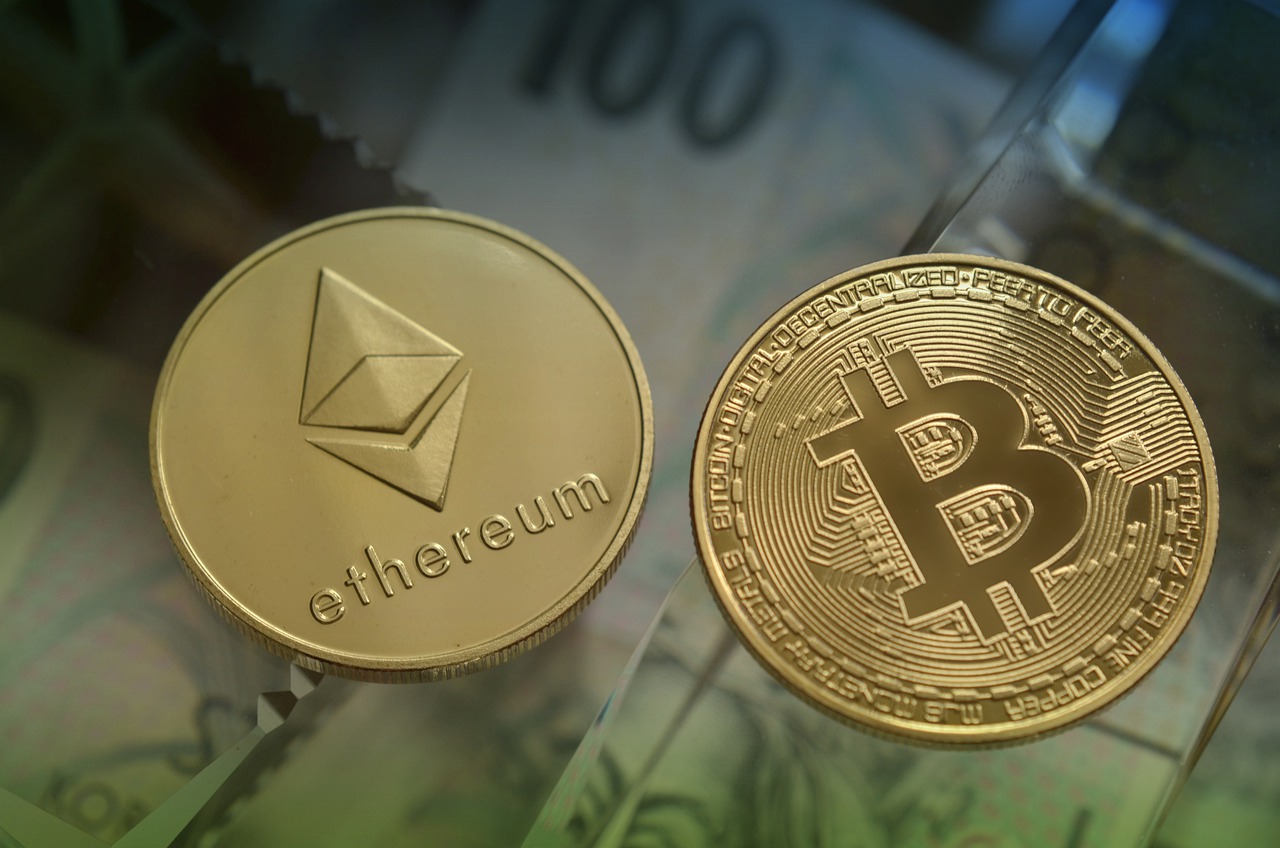Nigeria is among the six top global exporters of oil, but unfortunately, more than 40% of its population lives below the poverty line. Many of its citizens are unemployed as job opportunities have dwindled.
As a result of the above, the young population has found an alternative to the depreciating Naira. As inflation hits above 16%, the youth are stocking up digital assets, which is beyond the government-regulated banking institutions’ jurisdiction.
Known as the “Giant of Africa” and home to over 250 million Nigerians, the country is a leading economic player in West Africa, particularly and in the African continent generally. In 2020, Nigeria had the highest GDP of USD 432 billion. Irrespective of the mind-blowing figures obtained in papers, it is regrettable that these figures do not reflect reality.
The inequality gap between the rich and the poor is inexplicably unimaginable. The rich are so rich, while the poor live in abject poverty. With the introduction of cryptocurrencies, the younger generation and over 100 million people living below the poverty line have felt an ease of relief.
Regardless of the Government’s policy that banned crypto activities in the country, the temptation to participate in trading, buying, and selling digital currencies is irresistible. Digital assets introduced the dawn of hope among the young generation, who see cryptocurrencies as means to wealth.
Nigerians Escaping the Harsh Times Through Crypto
Crypto activities in Nigeria can be traced back to 2015 and were promoted or propagated by posts on Facebook and discussions held in other social forums like Nairaland. Given its wide acceptance by Nigerians, which triggered instant trading, it was viewed as the means to escaping poverty and the effect of the consistent devaluation of the Nigerian Naira.
The devaluation of Nigeria’s national currency – Naira, is associated with a poor and inefficient monetary framework initiated by the Government through its apex bank – the Central Bank of Nigeria (CBN). The enormous benefits and the impressive returns of the cryptoverse attracted Nigerians to trade cryptocurrencies.
Early Nigerian pioneers enjoyed good times and hard times trading cryptocurrency. These daring young stars took bold steps to make fortunes, respectively, and at the early ICO crash, they also learned a bitter lesson.
The Dawn of a New Hope Short-Lived
Just like the proverbial saying that nothing good comes easy. 7th Feb 2021, the Central Bank of Nigeria issued a statement forbidding Nigerian investors, banking institutions, and economic businesses from trading cryptocurrency. Per the new directive, many Nigerians who have sold digital currencies with their bank accounts had them frozen and seized funds by the Government.
This unfortunate development created an atmosphere of distrust and panic. However, Nigerians thought of a unique way of continuing their trade, and they came up with the Peer-to-Peer (P2P) alternative.
To consolidate the apex bank’s decision on the crypto ban, the CBN introduced its CBDC known as the e-Naira. Though the CBDC was the first of its kind in Africa, the e-Naira failed woefully to provide an escape route to the issues of Naira’s devaluation and the high unemployment rate.

